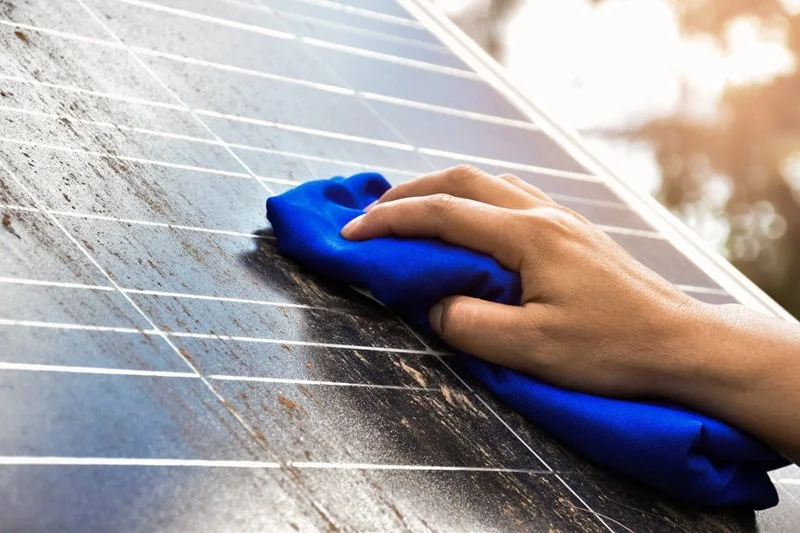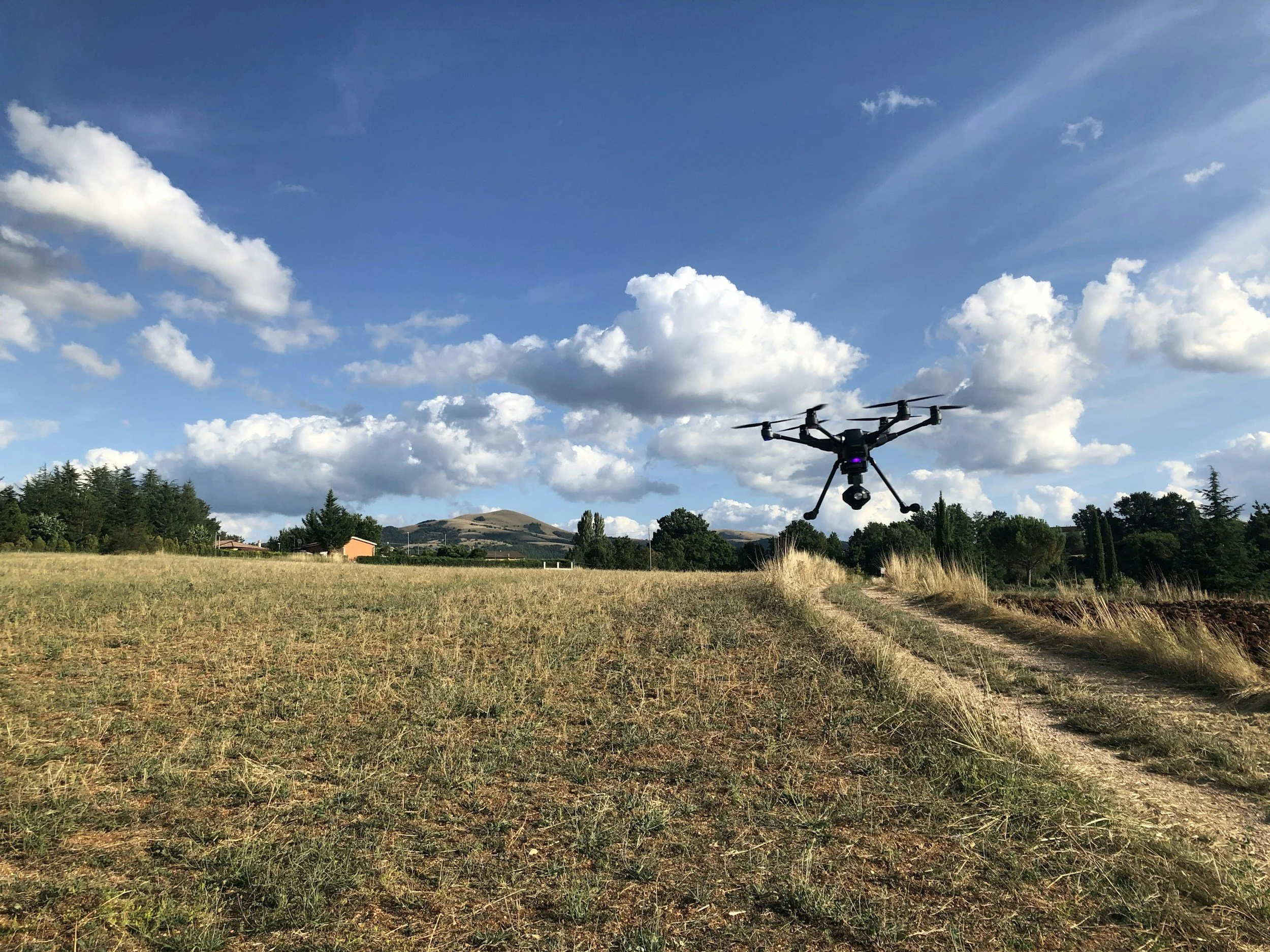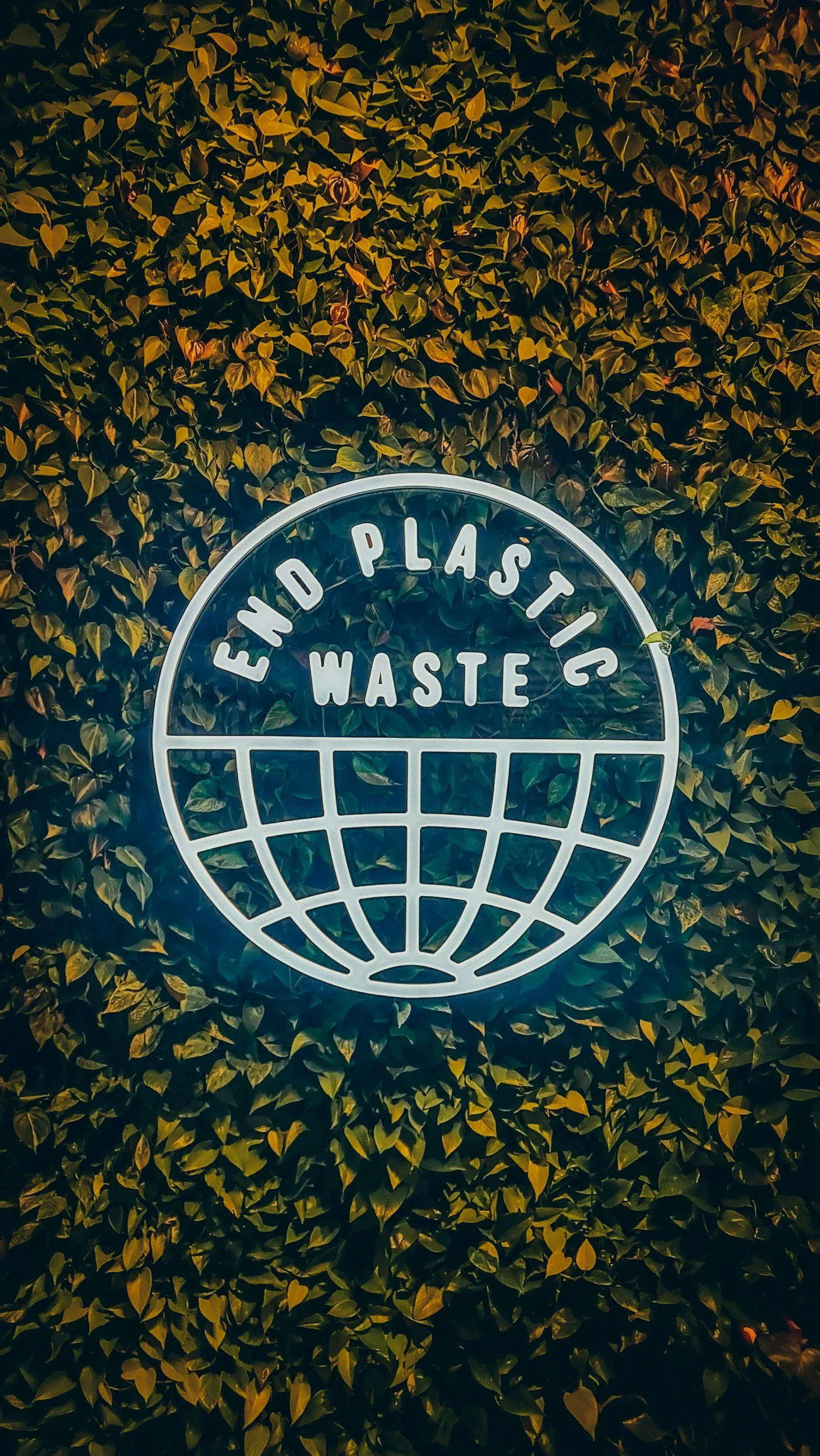The controversy over organic
/Last week I shopped at Costco, as I do about twice a month. What was different this time was that upon entering the warehouse and showing my ID, I was handed a brochure advertising Costco’s latest organic offerings. I was curious: there seemed to be a lot more organic goods than I remembered, and some of the items I had been shopping for had disappeared from the store shelves, replaced by these new, supposedly healthier, products. If I sound a little skeptical it is because I am inherently more distrustful of organic products offered by big box stores, especially their own organic brands, than of organic products made by my local organic farmer, or sold by the small, local health-conscious stores where I’ve shopped for organic products for years. (Still, this skepticism hasn’t always prevented me from buying Safeway’s O-organics brand or more recently, Costco’s organic offerings.)
Browsing Costco’s “Save on organic at your local Costco” brochure did make me wonder, though, why some stores seem to be increasing their organic foods inventory.
Read More







































